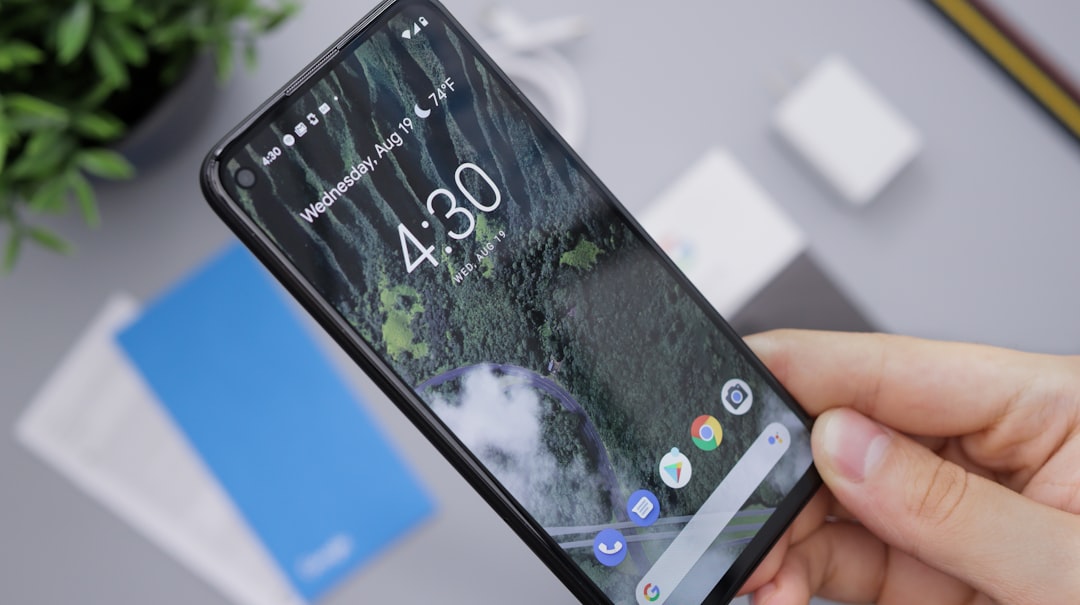In Indiana, autodialers—devices or software automatically dialing numbers for marketing or service purposes—are subject to stringent regulations under the Telephone Consumer Protection Act (TCPA) and state laws. Businesses must navigate complex consent requirements, do-not-call rules, and message content restrictions to avoid legal penalties. Specialized autodialer lawyers in Indiana help companies comply with these rules, enabling them to use autodialers for marketing and communication while protecting consumer privacy and preserving public peace. Engaging an experienced attorney ensures adherence to TCPA guidelines and state laws, minimizing risks and fostering effective, compliant autodialer usage.
In the digital age, businesses increasingly rely on autodialers to reach customers in Indiana. However, navigating the legal framework surrounding these automated calling systems can be complex. This article guides you through the definition and operation of autodialers within Indiana’s communication landscape, delving into key laws like the Telephone Consumer Protection Act (TCPA) and state-specific regulations. We explore best practices for responsible use, including consent management and do-not-call compliance, and highlight when an autodialer lawyer in Indiana is essential to avoid penalties and ensure adherence to privacy laws.
The Definition of Autodialers and Their Legal Significance in Indiana

In Indiana, an autodialer refers to any device or software that automatically dials telephone numbers, with or without human intervention. These technologies are widely used for marketing and communication purposes, including robocalls. The legal significance of autodialers lies in their potential to violate consumer privacy and upset public peace, leading to regulatory action under the Telephone Consumer Protection Act (TCPA). Indiana, like many other states, has specific laws governing the use of autodialers to ensure consumers’ rights are protected.
The definition of an autodialer under Indiana law includes systems that employ predictive dialers, automatic dialers, and artificial or prerecorded voices. These devices must comply with strict regulations regarding consent for calls, do-not-call requests, and the content of messages. An autodialer lawyer in Indiana can help businesses navigate these complexities, ensuring compliance to avoid costly legal repercussions. Auto dialer attorneys and law firms in Indiana play a crucial role in guiding clients through the legal framework, helping them stay within the boundaries set by state and federal laws for automated communication.
– What are autodialers?

Autodialers, also known as automatic dialing systems, are technologies designed to automate the process of placing telephone calls. These systems use software and hardware to dial numbers sequentially or randomly, often with personalized messages, to reach a large number of recipients simultaneously. They are widely used for marketing purposes, such as telemarketing, as well as for customer service and alert systems. In Indiana, the use of autodialers is regulated by state laws aimed at protecting consumers from unsolicited calls and ensuring fair business practices.
For businesses operating in Indiana, it’s essential to understand that using an autodialer without adhering to the legal framework can result in significant penalties. This includes obtaining prior express consent from recipients, providing a way to opt out of future calls, and complying with do-not-call lists. An experienced autodialer lawyer in Indiana can guide businesses on navigating these regulations, ensuring their autodialing practices are compliant and effective. Autodialer attorneys and law firms in Indiana specialize in helping businesses stay within legal boundaries while utilizing this technology to reach their target audiences.
– How do they work within Indiana's communication landscape?

In Indiana, autodialers play a significant role in modern communication strategies, especially for businesses and organizations leveraging automated calls to reach their target audiences. These technology tools enable the rapid and efficient transmission of pre-recorded messages en masse, making them valuable assets for marketing campaigns, appointment reminders, and customer service initiatives. However, their operation within the state’s communication landscape is governed by specific legal frameworks designed to protect individuals’ privacy and rights.
Autodialer lawyers in Indiana specialize in navigating these regulations, ensuring compliance with laws like the Telephone Consumer Protection Act (TCPA). These attorneys advise clients on best practices for using autodialers, including obtaining informed consent, providing opt-out mechanisms, and adhering to timing restrictions. By leveraging their expertise, businesses can effectively utilize autodialer technologies while avoiding potential legal pitfalls and fines associated with non-compliance, thus fostering a harmonious relationship between innovative communication methods and consumer protection measures.
– Legal implications of using autodialers

Using autodialers in marketing or business communications comes with significant legal implications that businesses and their autodialer lawyers in Indiana must understand. The primary concern revolves around compliance with the Telephone Consumer Protection Act (TCPA), a federal law designed to protect consumers from certain practices in telemarketing, automatic dialers, and prerecorded messages. Non-compliance can lead to substantial financial penalties and reputational damage.
In Indiana, autodialer attorneys and autodialer law firms play a crucial role in guiding businesses through the complex legal landscape surrounding autodial technology. These professionals ensure that marketing efforts using autodialers adhere to TCPA guidelines, including obtaining proper consent from recipients and providing opt-out mechanisms. Businesses should consult with an experienced autodialer lawyer in Indiana to understand their obligations, mitigate risks, and leverage autodialers effectively while staying within legal boundaries.






